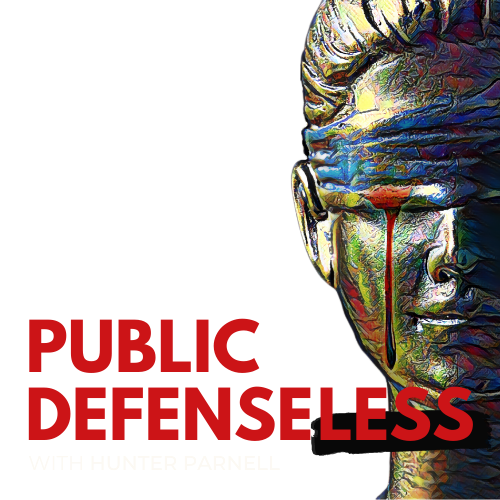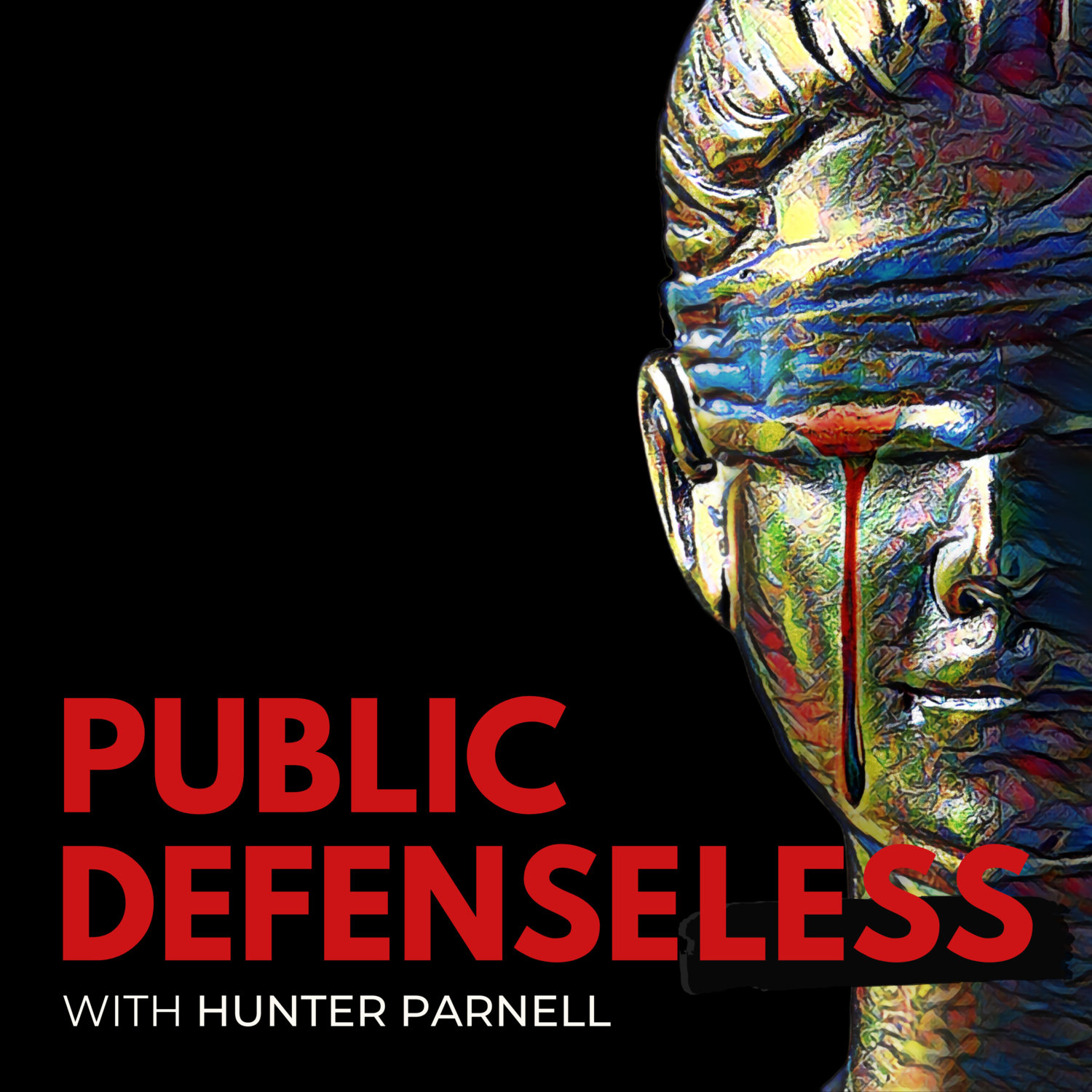Sixth Amendment w/David Carroll
This week, Executive Director of the Sixth Amendment Center, David Carroll walks us through how he got into public defense, the issues with public defense, and solutions that we can implement now.
You’ll learn the some the areas states continue to fail sixth amendment obligations, the "the dirty little secret" of the American courtroom, and how the justice system can shift to support the public in this space.
Through David’s expert experience and unique perspective, you’ll get an inside view of the public defense system and the value of the sixth amendment being executed accurately.
Key Topics and Takeaways:
Misdemeanor representation issues
The impacts of excessive entanglement between judges and defenders
Police officer’s role in court and being held accountable on trial
The way to successfully campaign on public defense reform in a blue state or a red state
The diversity of public defense between states.
How failing to find Indigent Defense also harms our next generation
Guests:
David Carroll, Executive Director of the Sixth Amendment Center
Resources:
Sixth Amendment Center https://sixthamendment.org/
American Bar Association 10 Principles of Public Defense
Memorable Quotes:
“America's little secret is that thousands of people are processed into jail every day, without ever speaking to an attorney, this is almost exclusively, but not entirely in misdemeanor courts.” (8:42, David)
“At the core of our justice system is the idea that the state has a burden, which that word should mean something, a burden to prove your guilt with evidence.” (11:20, Hunter)
“There should be a lawyer with the client. There should be a lawyer in the courtroom… it clearly shows to me that these aren't defendants who simply don't want to show up in court.” (17:46, David)
“Criminal justice is probably the largest expenditure of government's money at the state and local level. And we're not getting the aims we want with no one's feeling any safer. In fact, you're probably ruining people's lives and not making them productive citizens” (25:25, David)
“People are trying to do good by their communities. 95% of the people I've met even if they're doing some really, really problematic things, got into government or criminal justice because they did want to serve their communities.” (42:16, David)
“People hear fines and fees and they go, well, it's better than jail.” (58:20, Hunter)

